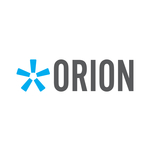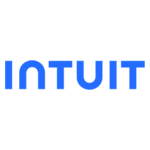Blockchain and Bitcoin round-up: 12 October 2017
Whether it’s prepaid card time or financial crime, the world of blockchain and Bitcoin is a lively one. This latest round-up features BitFlyer, Visa, Accuity, R3 and SIA.
Tokyo-based Bitcoin exchange BitFlyer has unveiled a Visa prepaid card that can be charged with Bitcoin in yen and used throughout Japan. It can be charged via the web or an app – and to drum up interest Bitflyer is offering 1,000 cards free via a lottery.
Last month, BitFlyer was selected as a partner vendor to provide an experimental environment for the Japanese Bankers Association’s “collaborative blockchain platform”. BitFlyer’s proprietary blockchain technology – Miyabi – will be used and the platform is scheduled to begin operation in October. Miyabi is a private blockchain “exclusively” for enterprise users.
Accuity, a provider of financial crime compliance, payments and know your customer (KYC) solutions, has integrated its screening solutions with R3’s Corda distributed ledger technology (DLT) platform.
For financial institutions, Accuity says this would help financial crime compliance with regulatory requirements of programmes such as the EU Fourth Anti Money Laundering Directive, the USA Patriot Act, the US Treasury’s Office of Foreign Assets Control (OFAC) and the MAS Notice 626. Hugh Jones, president and CEO at Accuity, adds that it is “looking at working with our customers to pilot this solution for a number of other use cases such as KYC, payments and trade finance compliance”.
Italy-based SIA has designed and produced a new platform called “SIAchain” to support financial institutions, corporates and public administration bodies in developing and implementing applications based on blockchain.
The firm says SIAchain can be employed in various areas such as automated check of agreements and contracts (i.e. smart contracts); management of bank, financial and insurance services (in the case of mortgages, policies or credit risk analysis); management of digital identities (checks and records of authorised accesses to systems and applications); tracking of ownership of goods and property (i.e. smart property); and management and recording of government, health and administrative data.












































